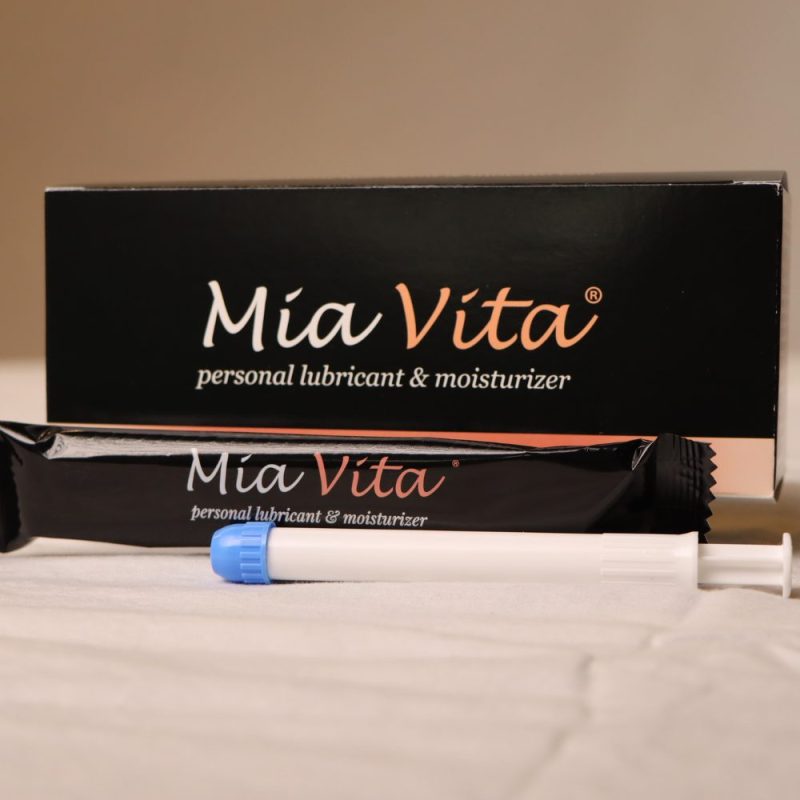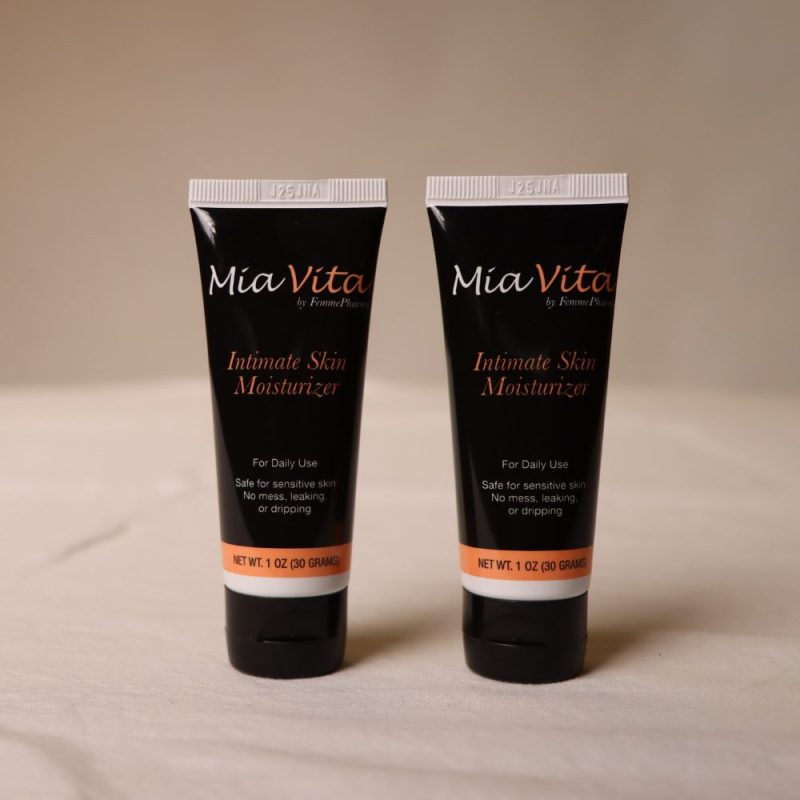As you enter perimenopause, your fertility declines, and it might seem that sexual health should become less of a priority. However, even (and particularly) in this phase of life, it’s just as important to be aware of reproductive health risks as during your reproductive years.
The good news is that, contrary to the dramatic physical changes that characterize the awkwardness of puberty, by the time women reach the menopausal years, we’ve had decades of life to mature and get to know ourselves and the world around us, and that provides a great advantage for navigating this phase of life with a healthy dose of confidence and self-awareness.
Sex and Sexuality During the Perimenopausal Transition
Declining estrogen levels cause dramatic changes in many aspects of physical and emotional health. You might find yourself having less interest in sex, and arousal may take longer. Meanwhile, emotional irritability and depression can set in, and sleep problems may begin to appear. To top it off, for many women, hot flashes become an intrusive part of daily life, both day and night, complicating and worsening all of these problems.
However, for some women, a lower chance of becoming pregnant means freedom from worry, and this makes sex more enjoyable. Even though you might have to take it slower and learn your body’s new normal, exploring different ways to approach sex can add a fun new dimension to your sex life. Never used lubricant or sex toys before? Here’s your invitation to experiment and have fun with your sexuality in new and different ways.
Effective Solutions
All this is not to downplay the very real challenges of this very meaningful and impactful time in every woman’s life. There’s help and solutions for the problems perimenopause and menopause throw your way. Healthy lifestyle habits can help make some perimenopause and menopause symptoms less severe. Exercise is a known mood lifter that can also help fend off fatigue. Likewise, a healthy diet low in processed foods and sugar can help balance your blood sugar levels and provide you with a steady supply of productive energy, so you’ll be less likely to succumb to low blood sugar-induced emotional irritability and food cravings.
Vaginal moisturizers can help with vaginal dryness and thinning of the vaginal wall, and may ease the comfort of sexual activity. Regular use of a vaginal moisturizer as well as a personal lubricant before intercourse is recommended. Please be sure to check for condom compatibility; not all products are condom compatible. There are a variety of natural products that may reduce hotflashes including red clover, and isoflavones. Consult your doctor to determine which option may work best for you given your medical history.
Communication is key for any healthy relationship, and if you’re in a relationship while you’re going through perimenopause and menopause, your partner will also be affected. Rather than pulling back, finding ways to share your experiences and involve your partner can help both of you through this transition, which may benefit both your relationship and your sexual health. Also consider counseling, either individually or as a couple, to learn practical communication tools.
STIs Are Still a Thing
If you’re not in an established monogamous relationship, your risk for sexually transmitted infections is still present and may even be greater, as vaginal thinning can lead to small tears in the vaginal wall, making it easier for pathogens to gain entry. STIs are on the rise, and older Americans are experiencing the sharpest increases, with rates having doubled in recent years for those 55 years of age and older, according to CDC data. If you are entering into a new relationship or even thinking about it, be prepared to have honest discussions with your potential partner and use condoms, as needed.
Reproductive System Cancers to Be Aware of
While the risk for some gynecological cancers decreases as women enter the perimenopausal years, for other reproductive cancers, the risk increases.
The most common gynecological cancer is uterine, aka, endometrial, cancer, which is most often diagnosed after menopause in women between 45 and 74 years of age. Ovarian cancer is the next most common, and risk for it, too, increases with age. Ovarian cancer will touch 1 in 70 women in the U.S., and older age is the most significant risk factor, with women between the ages of 50 and 70 being most affected. Cervical cancer rounds out the top 3 most common gynecological cancers. Average age at diagnosis is 50, but the most common age range is 35 to 44. Regular Pap tests catch cervical cancer in its early stages, though there are currently no screening tests for uterine or ovarian cancer.
While going through menopause is not a choice, how you manage your reproductive health during this time is very much under your control, and there are many resources that can make this a smooth and safe transition.
This article is for informational purposes and is not meant to replace the advice of your healthcare provider.
FemmePharma has been helping women navigate menopause for over two decades. No matter where you are in your journey, you deserve to have knowledgeable, intimate healthcare partners to help you feel your best. Explore our other articles, podcast episodes with women’s health experts, and products to ease your transition into menopause.



